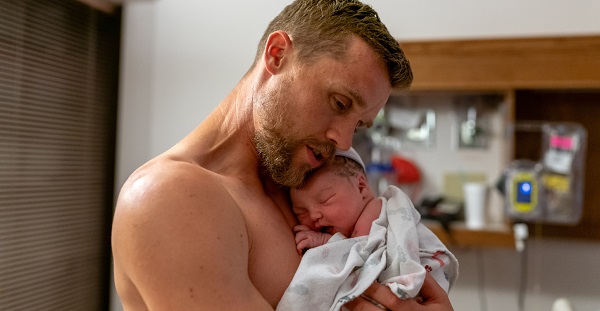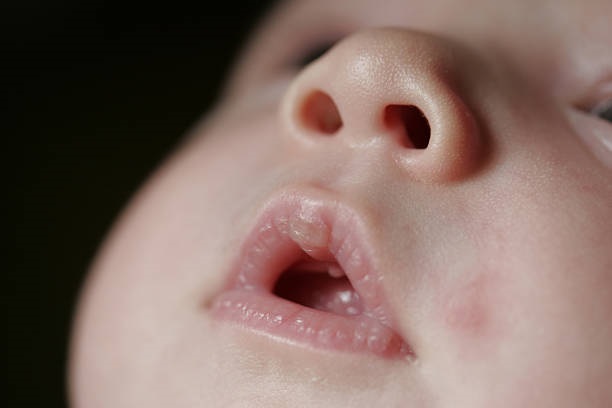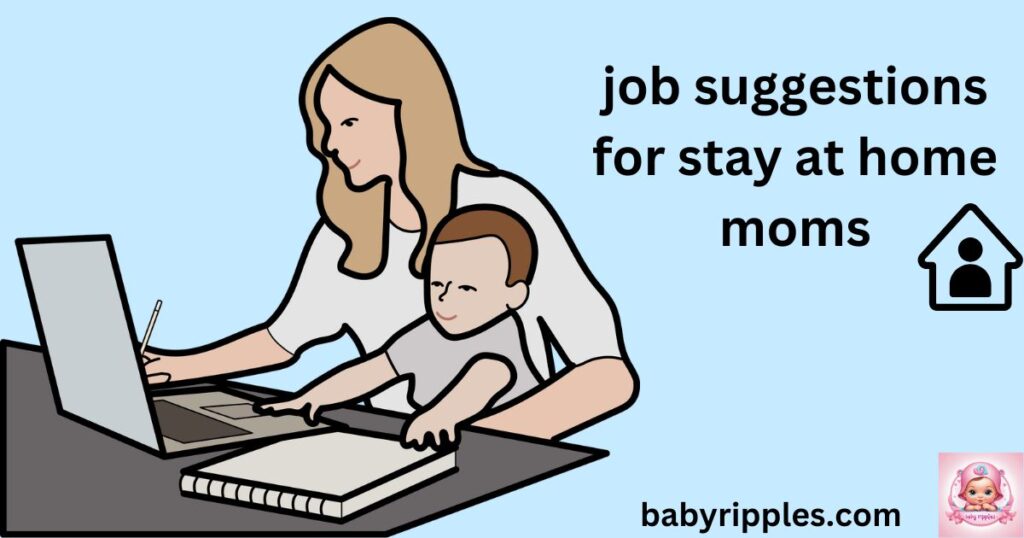The experience of bringing a newborn home is both beautiful and transformative. However, it might also feel overwhelming, let’s face it. Because of their fragile bodies, babies need extra care to meet their fundamental needs. Knowing 4 basic needs of a newborn baby can make all the difference, whether you’re a first-time parent or just want to brush up on your expertise.
The 4 basic needs of a newborn baby warmth, breathing, protection, and feeding—will be explained in this handbook. We’ll simplify each requirement, offer practical advice, and recommend goods that can promote your baby’s health. By the conclusion, you will feel comfortable caring for a baby and providing the finest possible start in life.
You may want to Read: Why My Newborn Won’t Sleep
1. Keeping Your Newborn Warm

Keeping warm is one of a newborn’s top priorities. Babies need to be kept warm because they have trouble controlling their body temperature, especially in the early hours after birth. Here’s a detailed guide to make sure your infant is comfortable and at ease:
Steps to Keep a Newborn Warm:
Create a Warm Environment:
Make sure there are no drafts and that the room is warm, with a temperature between 25 and 28°C (77 and 82°F), before the baby arrives. It can be beneficial to purchase a portable room heater, particularly in colder climates.
Dry the Baby Right Away:
Dry the newborn carefully with a warm, soft cloth as soon as possible. This offers a soothing touch and prevents heat loss.
Skin-to-Skin Contact:
A natural method of keeping your newborn warm and fostering bonding is to place them against your naked chest.
Properly Dress Your Baby:
Make use of layers, such as a swaddle or sleepsuit and a soft onesie. Look for sleepwear that has a TOG rating (warmth measurements), as these vary depending on the season. A muslin blanket can also be used to wrap the infant in warmth and comfort without being overly large.
Postpone the Initial Bath:
Your baby’s body will retain heat better if you wait at least 24 hours before giving them their first bath.
Pro tip: Always have a spare set of blankets and clothes because babies can soil them frequently.
You may want to Read: How to travel with infant on plane
2. Helping Your Newborn Breathe Properly

Breathing smoothly and readily is one of a newborn’s most important necessities. As soon as they are born, newborns start using their lungs instead of the umbilical cord to receive oxygen. You can help your infant breathe by doing the following:
Steps to Ensure Normal Breathing
Clear Airways Gently:
A medical professional will make sure your baby’s airways are clear after birth. Make sure there is no mucous in your baby’s nose at home. If necessary, use a nasal aspirator.
Check Breathing regulary:
The ideal respiratory rate for a baby is between 40 and 60 breaths per minute. See a pediatrician right away if you observe fast or erratic breathing.
Position for Easy Breathing:
Your kid should be put to sleep on their back. There is a considerable decrease in the risk of SIDS when sleeping in this position.
Steer clear of over-bundling:
Although keeping your infant warm is important, doing so too much might impede breathing and result in overheating. Always take your baby’s temperature by feeling their neck or back; if they’re perspiring, they can be too hot.
Product suggestion: Investing in a baby monitor with a breathing sensor can be a great reassurance for new parents.
You may want to Read: Are Baby Gowns Recommended
3. Protecting Your Newborn from Infection

Babies are especially susceptible to illnesses because of their weakened immune systems. For their development to be healthy, their safety and protection must be guaranteed. Here’s a detailed guide on safeguarding your child:
Steps to Protect a Newborn from Infection
Practice Cord Care:
Special consideration must be given to the umbilical cord stump. Keep the area dry and clean when clamping and cutting the cable with a sterile tool. Another way to lower the risk of infection is to apply an antiseptic solution to the umbilical region.
First, restrict visitors:
Even while everyone wants to see the baby, keeping visitors to a minimum, particularly during the first few weeks, can help shield the infant from viruses.
Regular Handwashing:
Make it mandatory for anybody who comes into contact with the infant to wash their hands first. The risk of infection is greatly decreased by this easy action.
Eye Care:
Gently wipe the infant’s eyes from the inside corner out using sterile saline solution. To prevent the spread of any possible infection, use a different cotton swab for each eye.
Clean the necessities for the baby:
To keep germs at bay, toys, pacifiers, and bottles should all be cleaned and sterilized on a regular basis.
Product suggestion: An automatic sterilizer can save time and ensure baby items are sanitized thoroughly.
You may want to Read: Should Newborn Daytime Naps Be in the Dark?
4. Feeding Your Newborn

One of a newborn’s most important needs is feeding, which should ideally begin within the first hour after the baby’s birth. Breastfeeding helps strengthen the baby’s immune system and provide vital nutrients. The following is how to begin feeding:
Steps to Feed a Newborn
Initiate Breastfeeding Early:
Within the first hour of the baby’s birth, place them on your breast. Colostrum is a component of this first feeding, which is high in nutrients and antibodies that shield your infant.
Make sure the latch and positioning are correct:
Both the mother’s comfort and efficient feeding depend on a strong latch. A significant portion of the areola, not only the nipple, should be covered by the baby’s lips.
Feed on Demand:
Infants require frequent feedings, roughly every two to three hours. Pay attention to signs of hunger, such as weeping, lip-smacking, or rooting.
Drink plenty of water
Drink plenty of water and eat a healthy diet because breastfeeding takes more energy. To keep their milk supply healthy, mothers should eat well-balanced meals and drink plenty of water.
If necessary, take into account alternatives to breastfeeding:
See a pediatrician about safe formula options if breastfeeding is not an option. A newborn’s dietary demands are satisfied by a number of premium formulas.
Pro tip: A nursing pillow can make feeding more comfortable for both the parent and baby.
You may want to Read: Understanding Newborn Day-Night Confusion: A Guide for New Parents
Conclusion:
Parents might feel more confident and readier to create a loving, secure environment for their child’s early days if they are aware of and able to address these newborn baby fundamental needs. Keep in mind that each child is different and that it’s acceptable to ask for assistance and guidance when necessary. The foundation for an infant’s health and happiness is laid by every action you take while caring for them.
You may want to Read: Should Newborns sleep in hats? A Detailed Guide for Parents





